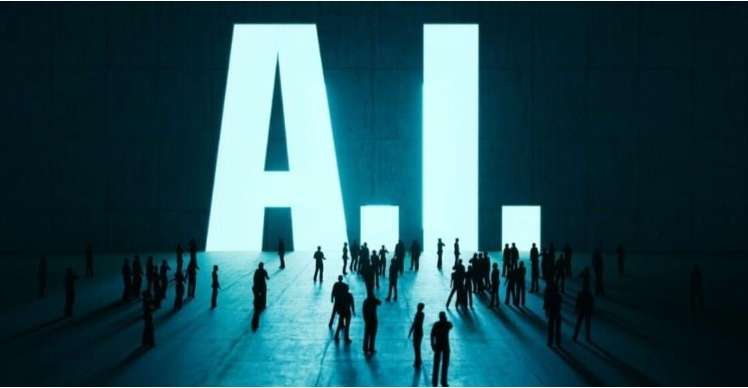Teacher Effectiveness in the Age of AI
Ms. Sunitha Amencherla
Faculty, Indus Research and Training Institute

In the evolving landscape of education, teacher effectiveness now encompasses a broader range of 21st-century skills. Effective educators seamlessly integrate advanced technologies and personalized approaches to nurture knowledge acquisition, creativity, and critical thinking. The advent of generative AI has revolutionized classroom dynamics. Teachers now need to prepare themselves to focus on developing students’ AI literacy along with the ability to critically evaluate, collaborate with, and ethically use AI tools. To become effective, a teacher needs to cultivate a disposition of a lifelong learner, leveraging AI-powered tools for continuous professional development as well as designing learning experiences. Educators today must upskill themselves and demonstrate adaptability in the face of technological disruption, embracing change as an opportunity for professional growth and transformation. The teacher’s role is now evidencing a significant shift from content delivery to that of a learning architect. Therefore, there is an immediate imperative to partner with AI systems to design immersive, personalized experiences that foster learner agency. Personalization must become central to effective teaching. By harnessing learning analytics and adaptive algorithms, educators can now learn to create learning pathways for each student. This shift towards learner autonomy requires teachers to become skilled mentors and coaches. Effective educators are adept at curating digital content, orchestrating virtual reality experiences, and facilitating global collaborative projects. The most effective teachers will then be those who can seamlessly design dynamic learning ecosystems that blend physical and virtual spaces. In these environments, students develop critical thinking and problem-solving skills through immersive, real-world projects. As education moves towards human-AI symbiosis, teacher effectiveness increasingly depends on the ability of a teacher to harness the opportunities created by human and machine intelligence collaboration for learning to amplify human potential.